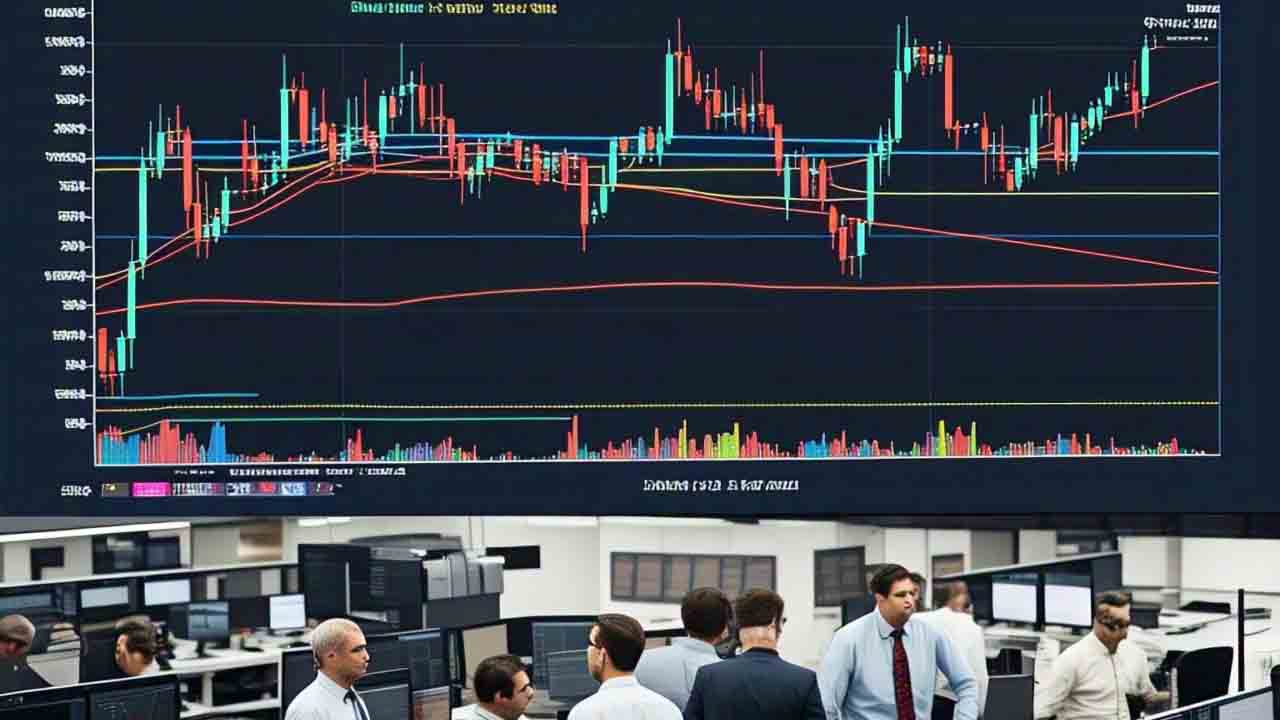
Arcadiadaily – The global stock market was rocked by unprecedented volatility after President Donald Trump announced sweeping new tariffs, referred to as “Liberation Day.” This move sent shockwaves through financial markets worldwide, leading to one of the most dramatic declines in recent history. The Dow Jones Industrial Average saw a staggering drop of 4,000 points over just two days. Marking the largest consecutive losses the index has ever experienced. As markets reacted to the news, global stock exchanges, including Japan’s Nikkei and Canada’s TSX. Were similarly impacted, sparking fears of a broader economic downturn.
The sudden introduction of extensive tariffs by the U.S. administration caused immediate panic in the global stock market. Investors scrambled to adjust their portfolios in response to the uncertainty surrounding international trade relations. The tariffs target several key industries and countries, and many see them as an aggressive move in the ongoing trade dispute with China and other major trading partners. This has sent ripples through the global stock market. With many investors fearing that the tariffs could escalate into a full-blown trade war. Which would have far-reaching consequences for global economic stability.
“A New Era for Formula 1: Eco-Friendly Hybrid Engines”
The global markets felt the Dow Jones Industrial Average’s drop of 4,000 points. Triggering a chain reaction across other major stock indices. In Asia, Japan’s Nikkei index plunged sharply, while Canada’s TSX also took a hit. The sudden downturn led to trading halts in several markets, a rare occurrence that reflects the severity of the situation. The global stock market now faces a period of intense uncertainty. With analysts forecasting potential recessions in several economies if the tariffs are sustained.
The volatility in the global stock market has raised alarm about the possibility of a global recession. Economists and financial experts are closely monitoring the situation, as the economic effects of the tariffs could ripple through industries worldwide. Furthermore, trade wars often lead to decreased consumer spending, disrupted supply chains, and lowered business investment all of which contribute to a slowdown in economic growth.
As the markets brace for the impact of these tariffs. There is growing concern about the future of global economic stability. While some analysts believe that the market will eventually stabilize. Others warn that prolonged trade tensions could lead to a protracted downturn. Affecting everything from employment to global trade flows. Investors hold deep concerns, as the dramatic drop in stock values clearly indicates. Who are now facing an uncertain and volatile economic landscape.
The dramatic decline in the global stock market in response to U.S. tariffs has highlighted the fragile state of the world economy. As tensions escalate, the focus now shifts to how nations will navigate this turbulent period and whether global leaders can find a way to de-escalate the situation before it leads to a full-blown financial crisis. For now, the global stock market remains on edge, with investors and businesses alike bracing for what lies ahead.
“Miu Miu Celebrates Feminist Literature at Milan”
